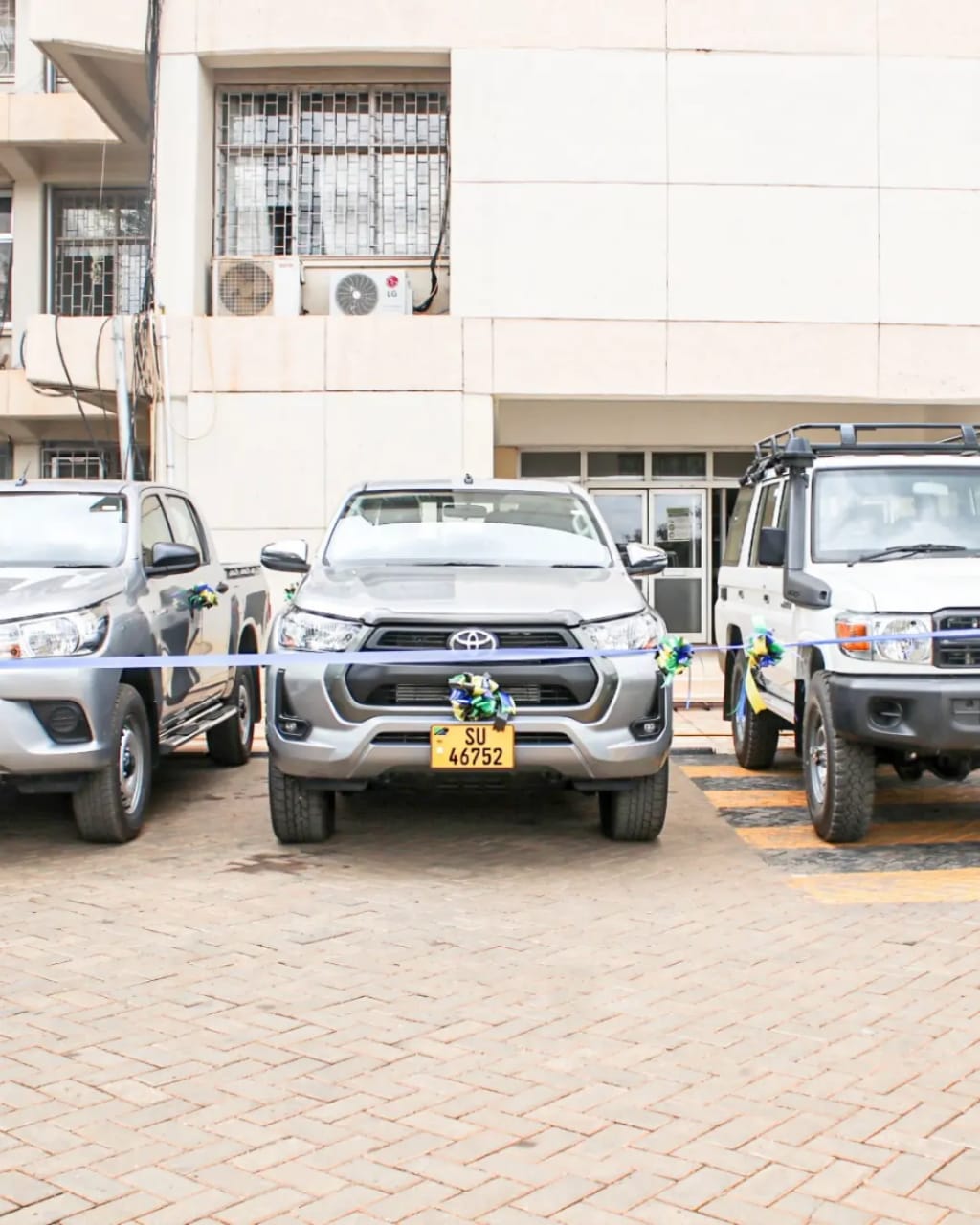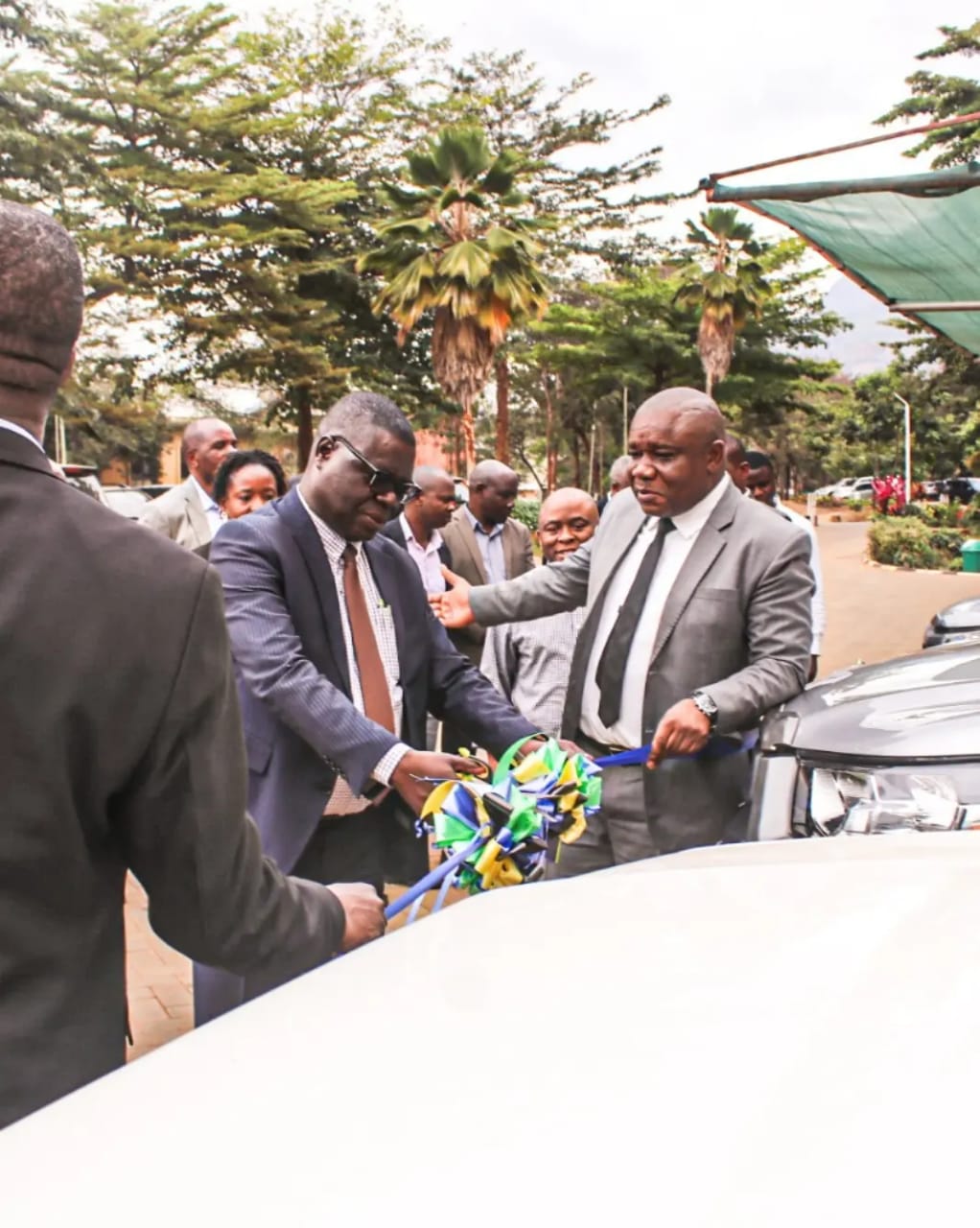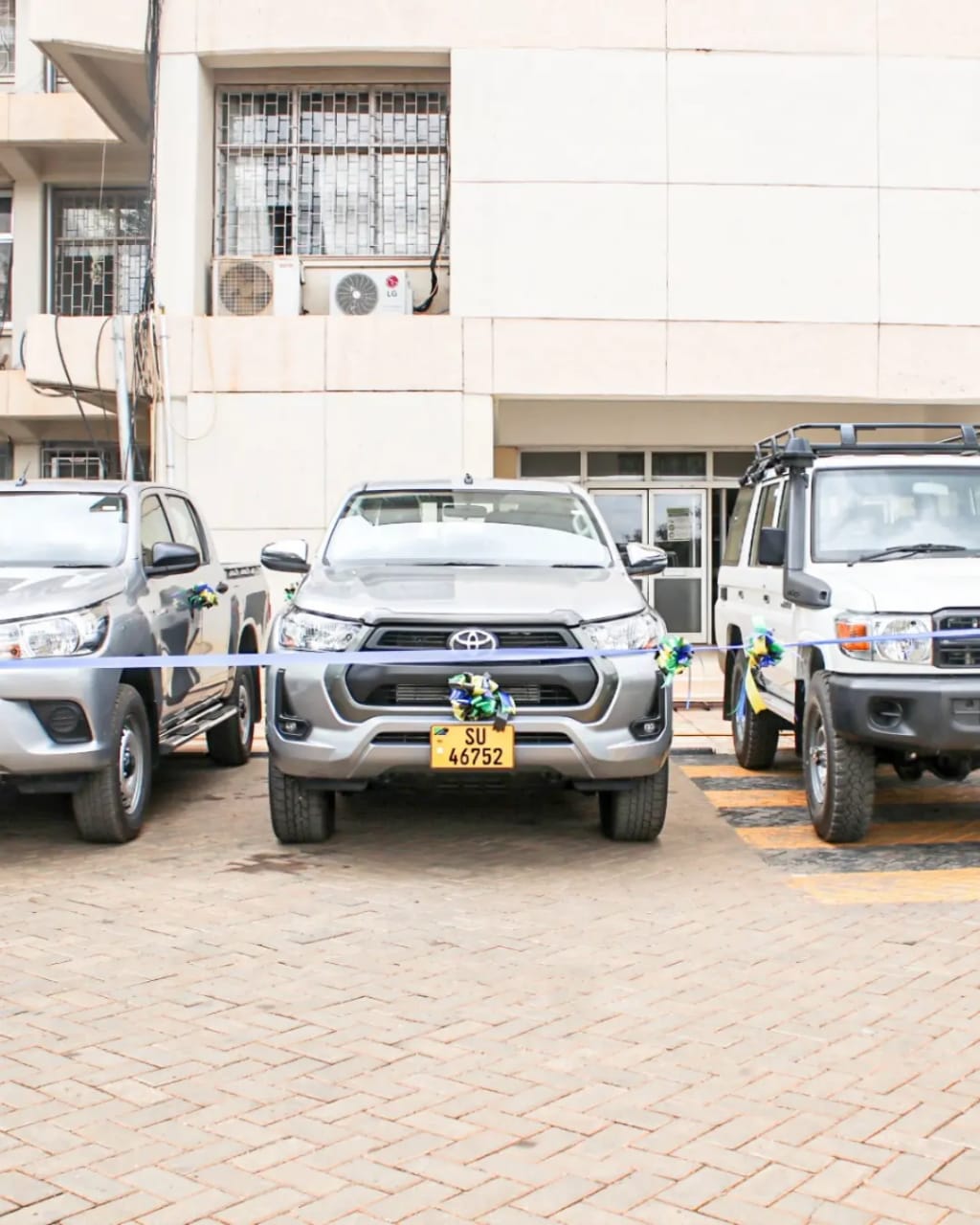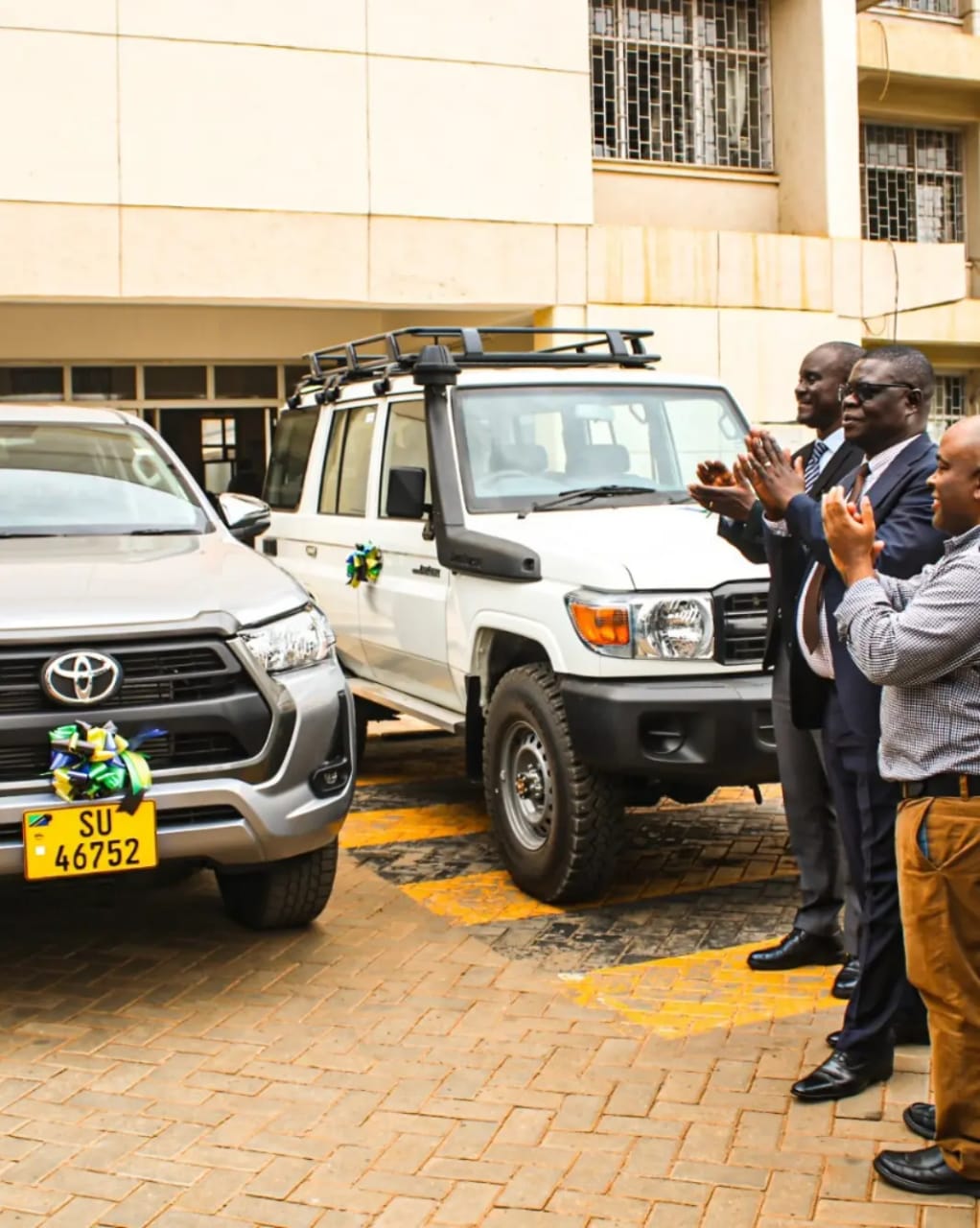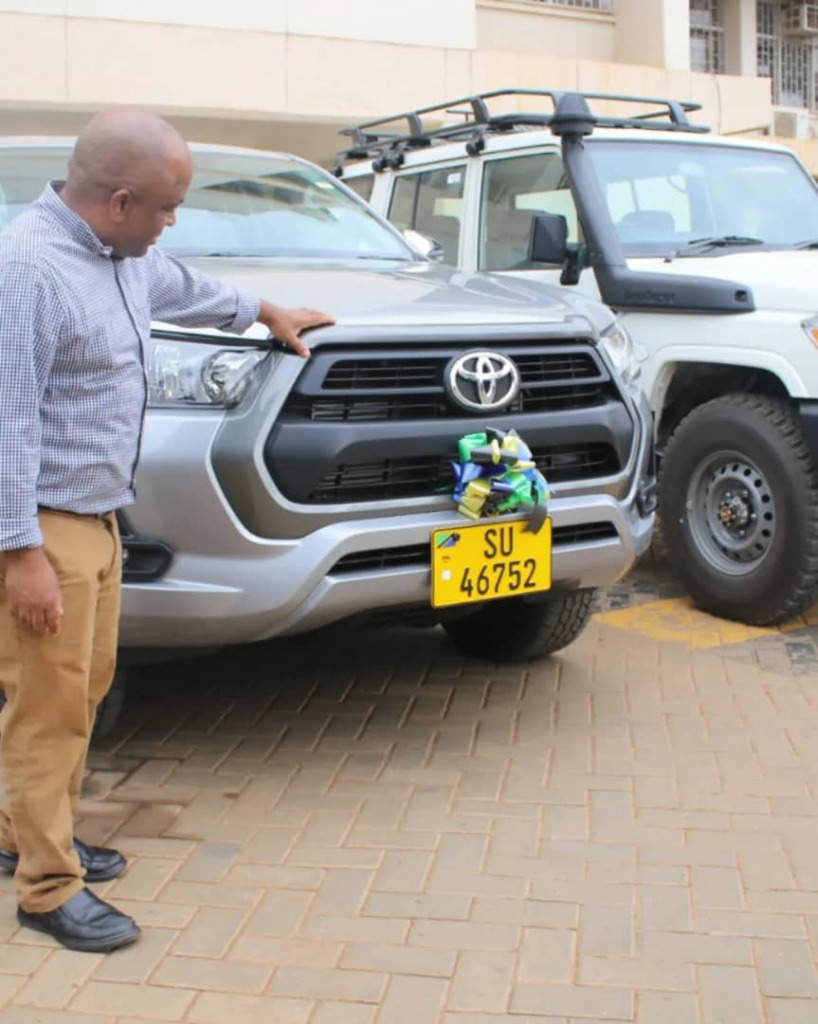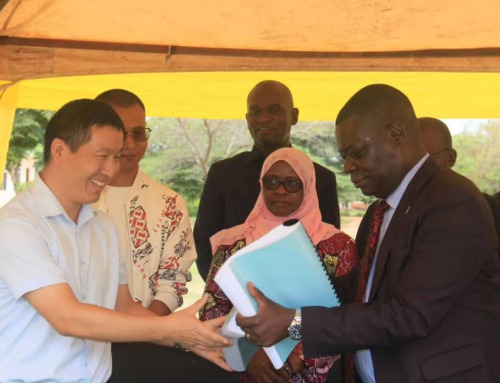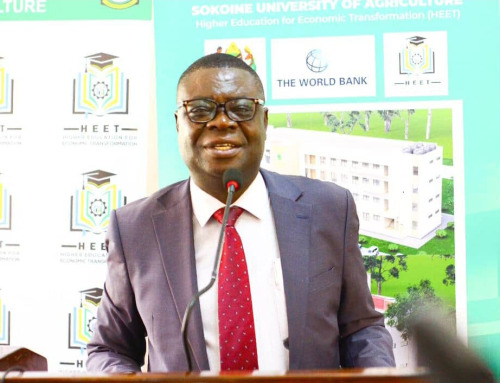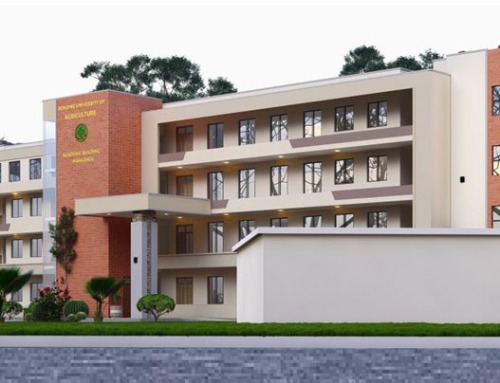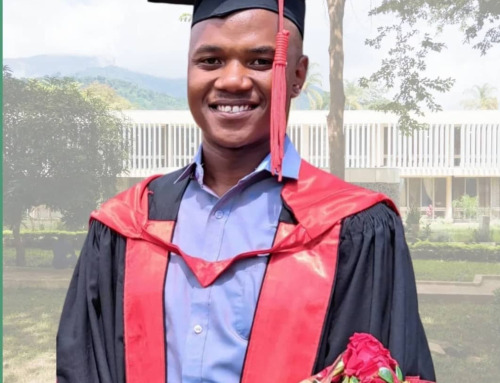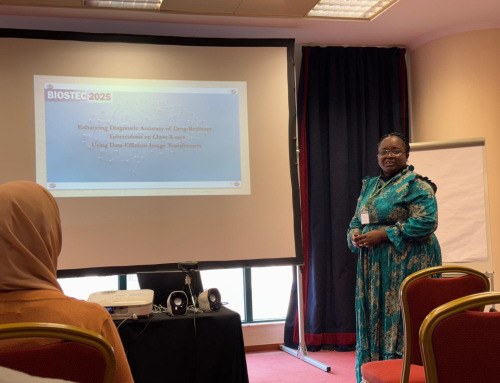The Sokoine University of Agriculture (SUA), as part of its commitment to the Higher Education for Economic Reforms Project (HEET), has recently received three vehicles, comprising two Double Cabin vehicles and one Land Cruiser Hardtop. These vehicles are intended to significantly enhance the efficiency of project activities, including the monitoring of construction projects.
Dr. Winfred Mbungu, Deputy Coordinator of the HEET SUA Project, expressed his thoughts on this development during the vehicle launch event held at the Edward Moringe Campus in Morogoro. He emphasized that the university has a multitude of upcoming activities, particularly related to construction project oversight, for which reliable transportation is crucial. In the past, they had to share vehicles with other College activities, which posed challenges. The newly launched vehicles are specifically designated for project-related tasks, making the work more efficient.
Dr. Mbungu extended his gratitude to the Government of the United Republic of Tanzania for the financial support received through the HEET Project, administered by the Ministry of Education, Science, and Technology. This support made it possible for SUA to acquire these vehicles, which are expected to create a conducive environment for learning, teaching, and enhancing the quality of graduates produced by SUA.
While these vehicles represent a significant step, Dr. Mbungu, as he is affectionately known, mentioned that more vehicles are expected in the future. Some of these will be allocated for practical training purposes, such as buses and minibuses to facilitate practical training activities. However, the vehicles recently launched are specifically dedicated to monitoring the HEET Project’s successful implementation.
Dr. Mbungu concluded by urging all stakeholders, including the entire university community, to collaborate closely in pursuit of the project’s objectives. These objectives focus on improving academic activities, curriculum enhancements, diverse programs within the College, structural improvements, and innovative teaching and learning methods. The ultimate goal is to bring about a productive transformation by the academic year 2025/2026.
